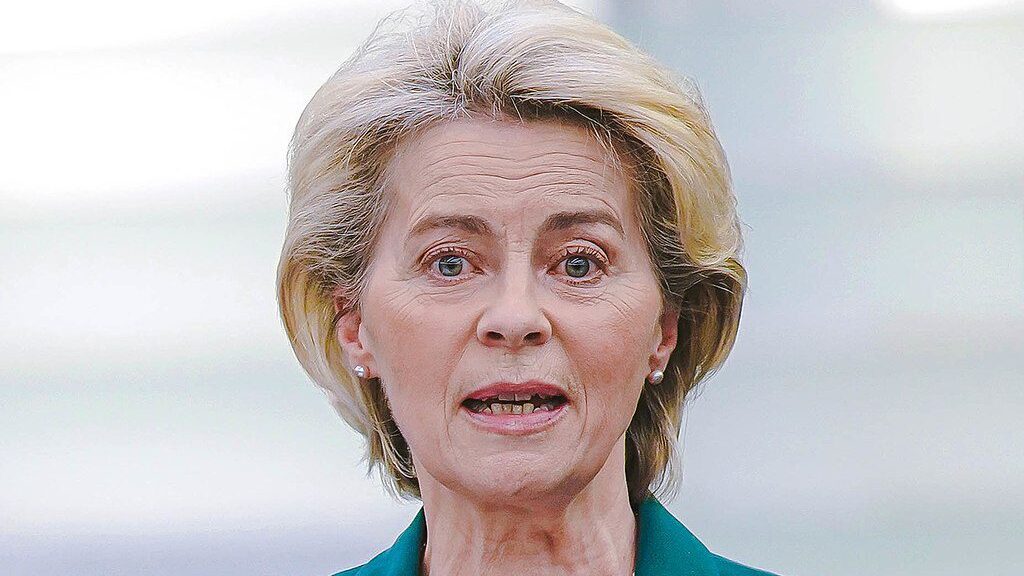
Ursula von der Leyen
European Parliament, CC BY 2.0, via Wikimedia Commons
New polling by Ipsos for Euronews suggests that just 16% of European voters believe that EU leaders are doing a good job of handling what the paper euphemistically describes as “irregular”—that is, illegal—migration.
Presumably, many leading Brussels officials would view a heavy portion of the almost 26,000 respondents as being on the ‘far right,’ given that 59% said the “fight” against illegal migration should be a “priority.” Though they might not say this now, given their own efforts to look tough on migration in order to attract right-wing voters ahead of the European elections. Euronews itself does not, however, mind blaming “far-right parties” for “fuel[ing]” concerns surrounding migration issues.
If anything, the 59% figure might seem low. But a fuller picture of the electorate’s views on migration can be gained by adding to the total those who say illegal migration is not a priority but is “important” nonetheless.
In Denmark, for example, the poll suggests that 59% of voters view illegal migration as “a priority” and 33% as “important but not a priority.” That’s 92% in total, leaving just 8% of voters who see the issue as “secondary.” (The same lowly figure was produced in Czechia and Finland, while in Austria, Belgium, Greece and Sweden, an equally unimpressive 9% said tackling illegal migration is “secondary.”)

The report does not consider European views on what Euronews might have called ‘regular’—that is, legal—migration. But many voters view this as being more important, not least because it is a much bigger issue in terms of numbers.
It appears, however, that this is not how UK Prime Minister Rishi Sunak sees it. According to former home secretary Suella Braverman, Sunak has “not necessarily assumed that [legal migration is] an important issue for the British people.” She added that when she was part of his government, the prime minister would talk about illegal crossings “every week, twice a week,” but could not be pinned down for a conversation on uncontrolled mass legal migration. And this was after the Brexit vote, which few pundits dispute centred around voters’ frustration with effectively wide-open borders.
It is worth noting that while Braverman’s criticisms of the Tory leader—who sacked her and who she has made numerous clear attempts to replace—might usually be best taken with a pinch of salt, it is already very believable that Sunak views legal immigration as politically unimportant since. After all, he is a thoroughly liberal Westminster type who also didn’t believe in the Rwanda plan to stop illegal migration.
Robert Bates, research director at the Centre for Migration Control, said that regardless of Sunak’s views, he “is going to be remembered as the prime minister who finally gave up any pretence of border control.” Bates told The European Conservative:
The former Home Secretary spoke for millions of voters when she repeatedly attempted to raise the problems of mass migration around the cabinet table. Unfortunately no one else in that room would have had the inclination or the political will to tackle the problem head on.
It’s all very well and good pledging to “Stop the Boats,” but with no hint of the Channel crossings stopping, and the British public cottoning onto the fact that the real border disaster is our levels of legal migration, Sunak’s party are set to face a kicking come the general election. Come polling day, I’m sure they’ll all be wishing that they listened to Mrs. Braverman when she tried to raise the alarm.
As for the rest of Europe, the success of attempts by politicians on the Left to appear right on migration will be tested this June when voters go to the polls.
